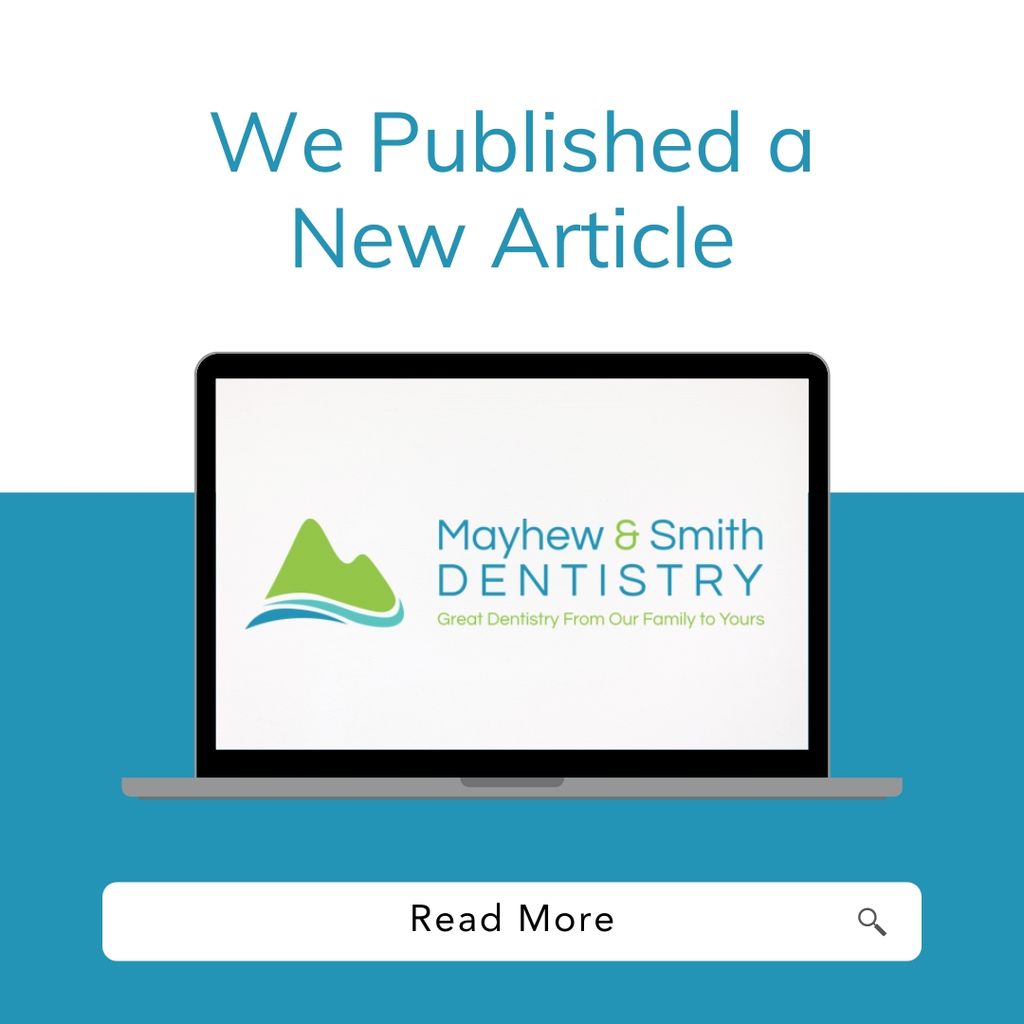
When it comes to maintaining your oral health, brushing twice a day is an excellent habit. Some patients may even brush after meals to keep plaque at bay and prevent tooth decay. However, if you’ve ever wondered, “Can I brush my teeth too much?” the answer is yes. Overbrushing can lead to more harm than good.
At Mayhew and Smith Dentistry of Harpers Ferry, we want to help our patients achieve the best oral health possible without causing unnecessary damage. Let’s dive into what overbrushing is and how it can negatively impact your teeth and gums.
What is Overbrushing?
Overbrushing refers to brushing too frequently, too hard, or with improper technique. While brushing is essential, doing it too much or too aggressively can cause dental abrasion, gum recession, and tooth sensitivity. These conditions can lead to long-term damage if not addressed.
Dental Abrasion
Overbrushing can wear down the enamel—the protective outer layer of your teeth—and eventually expose the softer dentin and cementum layers underneath. This can lead to a condition known as dental abrasion. Signs of abrasion include shiny or discolored spots near the gum line, and in some cases, V-shaped indentations. These areas are more susceptible to decay and wear.
Tooth Sensitivity
Once enamel is worn away, the sensitive dentin layer beneath is exposed. This can lead to discomfort when eating or drinking hot, cold, sweet, or acidic foods. Tooth sensitivity can significantly impact your daily life, making it difficult to enjoy your favorite foods or beverages.
Gum Recession
Brushing too hard or using improper technique can cause your gums to recede over time. When gums recede, the tooth root becomes exposed, increasing the risk of decay and sensitivity. Gum recession can sometimes be so severe that only surgical intervention, such as gum grafting, can restore the lost tissue.
Protecting Your Teeth After Overbrushing
If you’ve already experienced dental abrasion or gum recession from overbrushing, it’s crucial to take steps to protect your teeth. At Mayhew and Smith Dentistry, we offer treatments that can cover and protect exposed areas. Options may include fluoride varnishes to strengthen your teeth, bonding a tooth-colored filling to the abraded area, or applying veneers to cover exposed surfaces.
In cases of severe gum recession, we may recommend gum grafting to restore the missing tissue and protect the exposed cementum. Addressing these issues early can prevent further damage and tooth loss.
Preventing Overbrushing: The Right Tools and Techniques
The good news is that preventing overbrushing is easy with the right technique and tools. Here are some tips to help you brush more effectively without harming your teeth:
- Use a soft-bristled toothbrush. Hard bristles can damage your enamel and gums, so always opt for a soft-bristled brush.
- Check your toothpaste. Toothpaste with high abrasiveness can accelerate enamel wear. Choose one that contains calcium and fluoride to help strengthen your teeth.
- Perfect your technique. Brushing too hard can cause the bristles to fray and flatten quickly. Gently place the brush at a 45-degree angle to your gum line and use soft, circular motions to clean your teeth.
- Wait after eating. Brushing immediately after consuming acidic foods or drinks can do more harm than good. Wait at least 60 minutes before brushing to allow your enamel to re-harden.
- Watch your other habits. Habits like nail-biting, opening bottles with your teeth, or using your teeth to hold objects can lead to dental abrasion. It’s essential to be mindful of these actions to protect your enamel.
For a healthy smile, it’s not about brushing harder or more often, but brushing correctly. At Mayhew and Smith Dentistry of Harpers Ferry, we’re here to guide you on the path to excellent oral hygiene without overbrushing. Contact us today to schedule your appointment and learn more about how to care for your teeth the right way!

